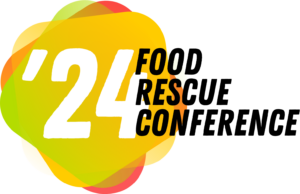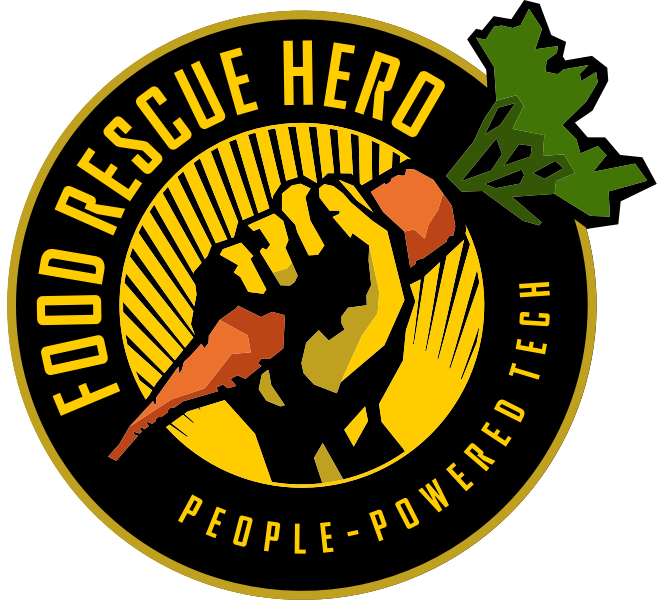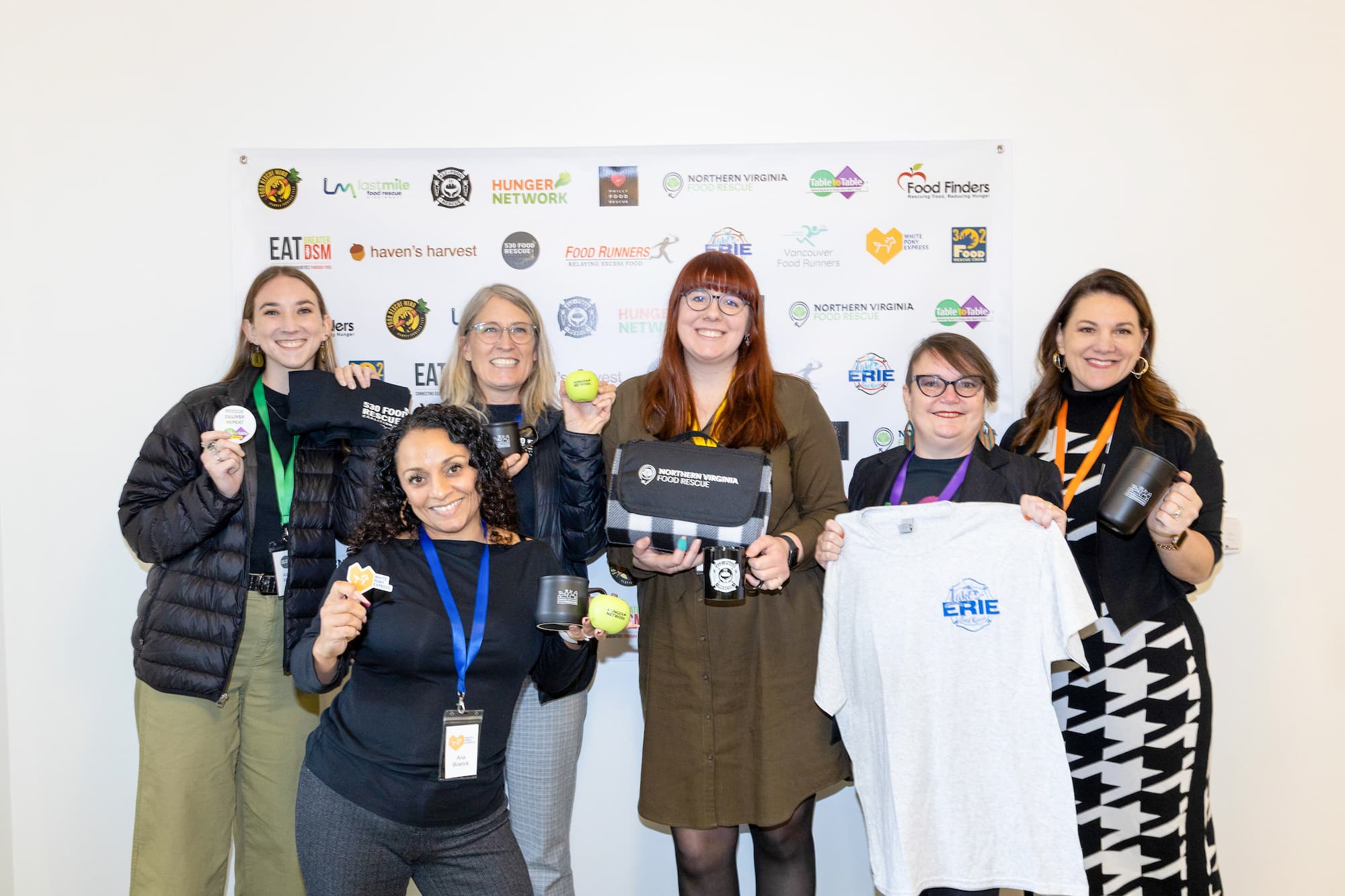- National retail food industry
- Nutrition security experts
- Leading healthcare organizations
- Food Recovery organizations and networks
- Researchers and academic experts

The only conference focused solely on fresh & innovative food recovery solutions.
OCTOBER 24 & 25
Sign up to get notified for early bird pricing:
What started as a networking & educational event exclusive to organizations using the Food Rescue Hero™ technology has become a global event livestreamed for all food recovery stakeholders.

SPEAKERS
LEARN FROM INDUSTRY LEADERS REPRESENTING:

SESSIONS
CUTTING-EDGE FOOD RECOVERY CONVERSATIONS
Learn & collaborate with other food rescue thought leaders as we delve into the nuts and bolts of food recovery, including:
- Food donor relationships
- Measuring impact
- Volunteer management
- Hunger on campus
- How to get started in food rescue
- Putting food within reach
- How to scale retail recovery
- ROI of food rescue
- Collaboration not competition
- Backend data tracking
SPONSORSHIP
COMPANIES SUPPORTING THE MISSION OF FOOD RESCUE
Interested in sponsoring the
2024 Food Rescue Conference?

THE FUTURE OF FOOD RESCUE
Food recovery professionals, government officials, food retail, and nonprofits alike are invited as we come together to look at the future of food rescue, learn from industry experts, and network with peers for a truly unforgettable two-day experience.
From building an expanded distribution network, social trends, and legislation, Food Rescue Conference speakers will cover the latest topics in the rapidly changing world of food access and food security, and how we can all work together to impact our communities in better ways.
Making greater impact, together.
2024 SPONSORS


